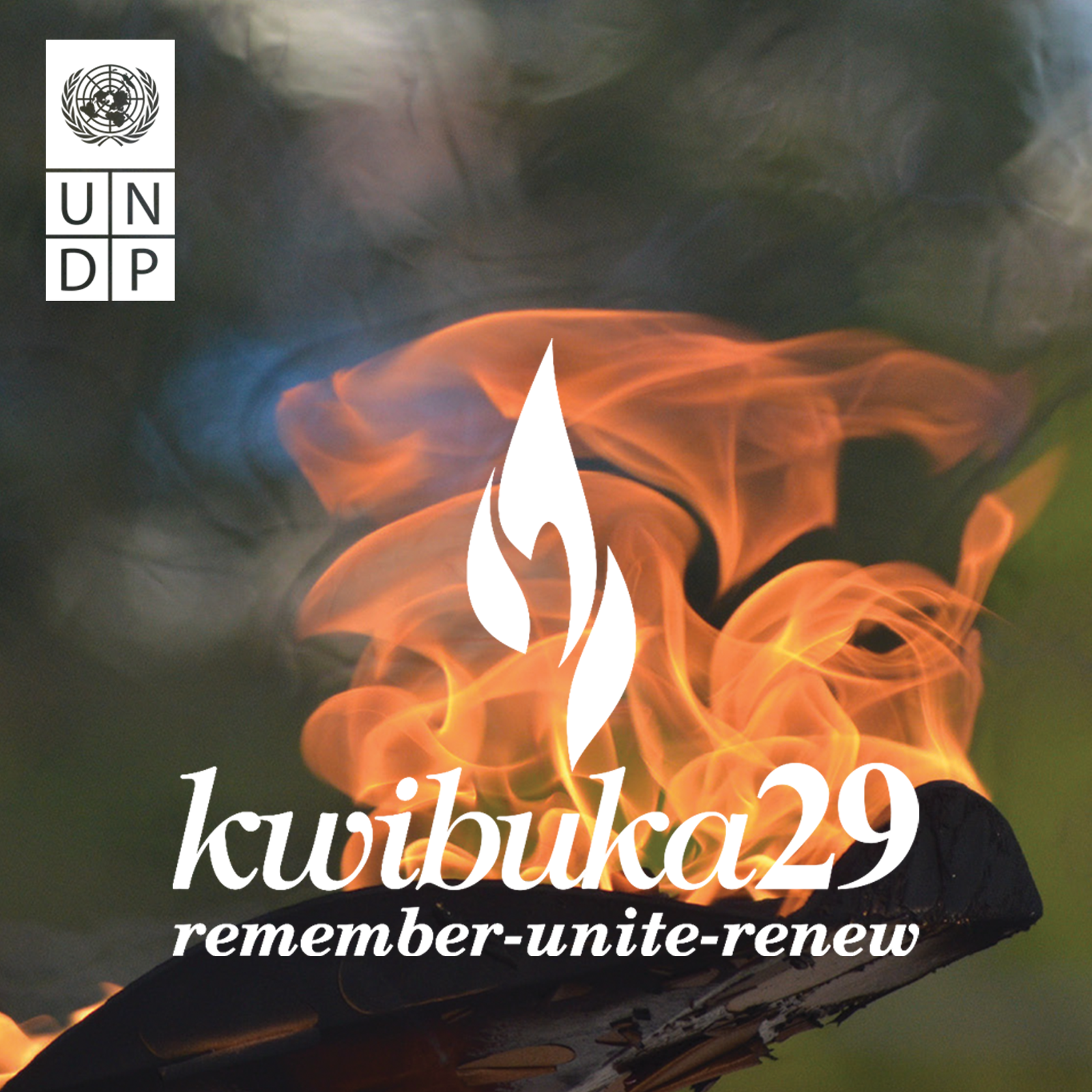By Immy Mulekatete
Rwanda’s Resilience: the power of forgiveness and unity
April 11, 2023

Rwanda remembers for the 29th time since the 1994 Genocide against the Tutsi
Rwanda is a country that has known unimaginable pain and suffering. For 100 days in 1994, the world watched in horror as over one million lives were lost in the Genocide against the Tutsi. The scars of that dark period still linger, but Rwanda has shown remarkable resilience in its efforts to heal and reconcile.
As we mark the 29th commemoration of the Genocide, it is important to reflect on the importance of unity and reconciliation in building a peaceful and prosperous society. Through collective efforts, the country is creating a better future for the children and generations to come.
At UNDP Rwanda, we recognize the crucial role of reconciliation in ensuring sustainable peace, stability, and development. Through our partnerships with various stakeholders, including the Prison Fellowship Rwanda and the Ministry of National Unity and Civic Engagement, we have been working to promote unity and reconciliation, particularly through the process of social healing, truth telling, repentance, and forgiveness, to prepare for social reintegration of convicted genocide perpetrators upon their release.
The social healing programme, which includes community dialogues and restorative justice, has been effective in freeing both the perpetrators of the genocide and the victims, as well as their families from the bondage of shame, unforgiveness, hatred, revenge, and genocide ideology. This has helped to build a unified Rwandan identity.
“I know that what I did was wrong, and I am sorry for the pain that I caused. Through the restorative dialogues, I have had the opportunity to ask for forgiveness from survivors and to work towards rebuilding our relationship. It's not always easy, but we are committed to working towards a better future together." - said a perpetrator of the genocide asking for forgiveness.
“I never thought I would be able to forgive someone who killed my family, but through these reconciliation processes, I have been able to find a sense of closure. It's not about forgetting what happened, but about finding a way to live with it and to work towards building a better future free from hatred and division." - said a survivor of the genocide after forgiving a perpetrator.
These quotes demonstrate the power of restorative justice and reconciliation in promoting healing and forgiveness between survivors and perpetrators of the genocide. Despite the unimaginable pain and trauma, they have found a way to come together and work towards a better future for themselves and their communities.
“Unity and reconciliation are at the heart of Rwanda's recovery from the 1994 Genocide against the Tutsi. At UNDP Rwanda, we are proud to be part of this effort, and we remain committed to work with the government of Rwanda, the people of Rwanda and other partners to continue promoting restorative justice, reconciliation, rehabilitation, and reintegration.” - Jean de Dieu Kayiranga, Program Manager at UNDP Rwanda.
Rwanda's journey towards healing and reconciliation has not been easy. But the country serves as a testament to the resilience of the human spirit and the power of forgiveness. We are reminded that we need to find each other and build a world where love and compassion triumph over hate.
We commend the resilience of Rwandans and in particular the survivors of the genocide, who 29 years on, have risen from the ashes to rebuild a Rwanda that we are all proud of. Their courage and resilience are an inspiration to many.
Rwanda's journey towards healing and reconciliation is ongoing. The scars of the genocide may never fully heal, but the country's commitment to building a more inclusive and harmonious society is unwavering. Rwanda has shown the world that forgiveness, compassion, and unity are possible, even in the face of unimaginable pain and trauma.
Initiatives aimed at promoting economic development and social inclusion have been essential for building a resilient society. Similar initiatives must be implemented in other parts of the world to promote lasting peace and stability.
Rwanda's story reminds us that no matter how deep the wounds may be, healing and forgiveness are possible. Let us take inspiration from Rwanda's journey and join hands to work towards a future where ethnic division, hatred, and prejudice have no place in our society as we renew our commitment to building a more inclusive and harmonious world for all.

 Locations
Locations


